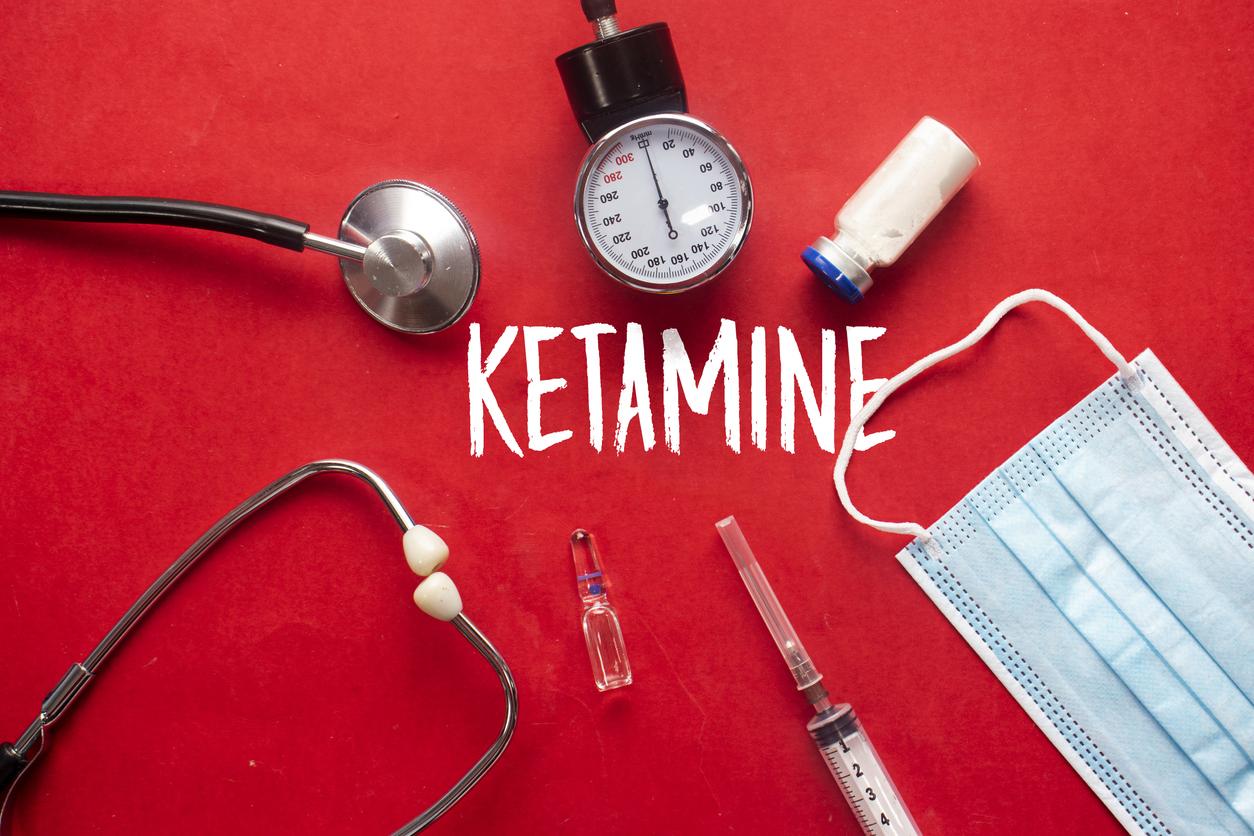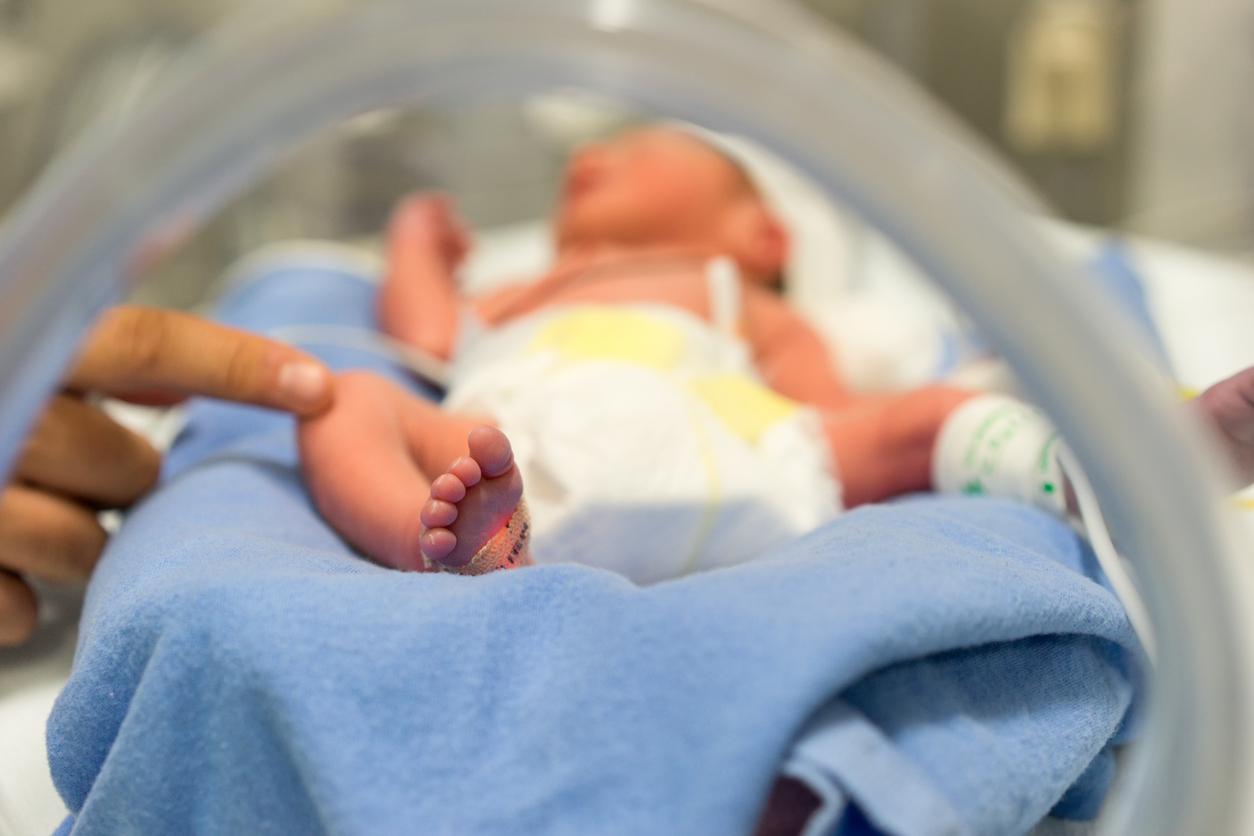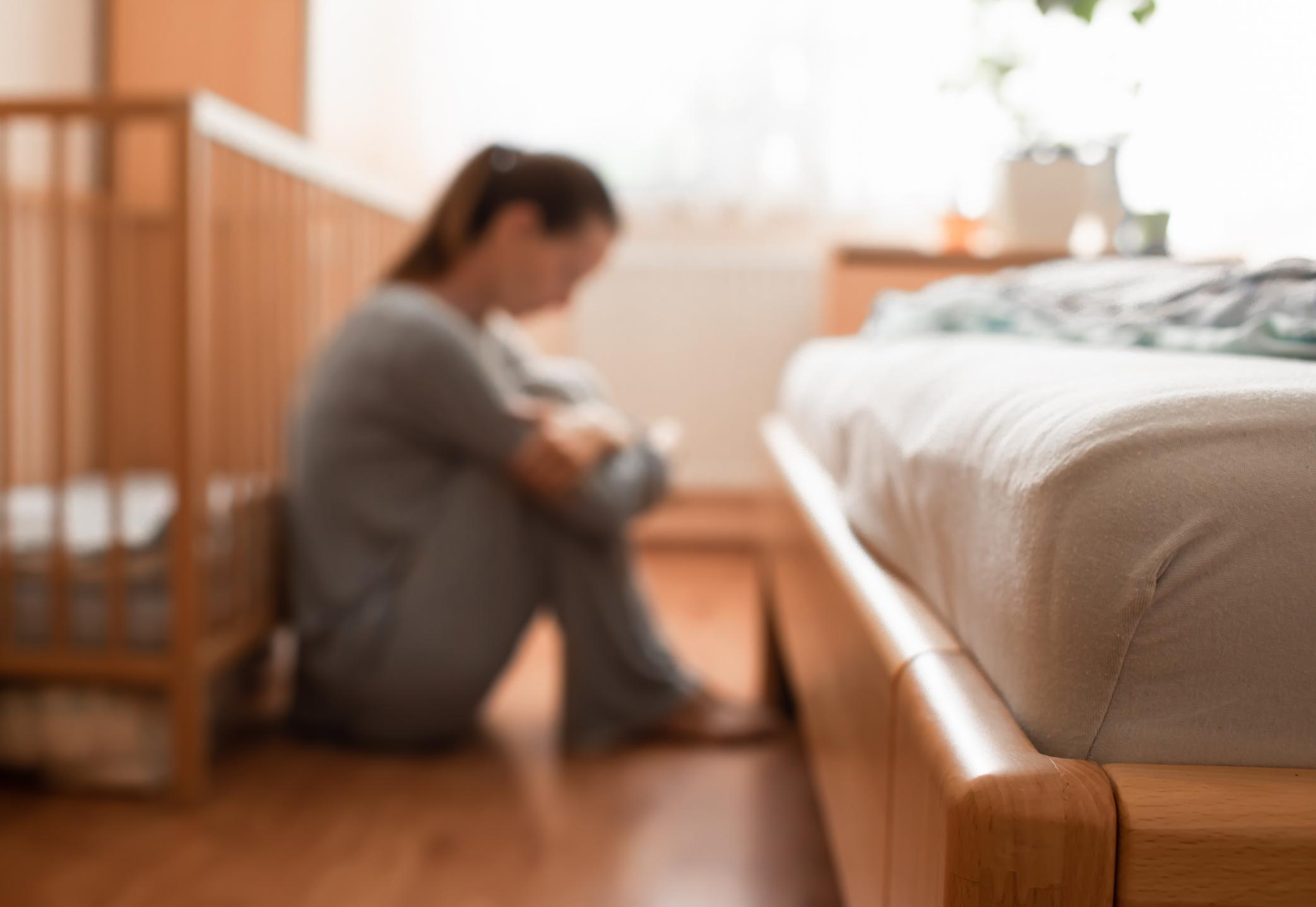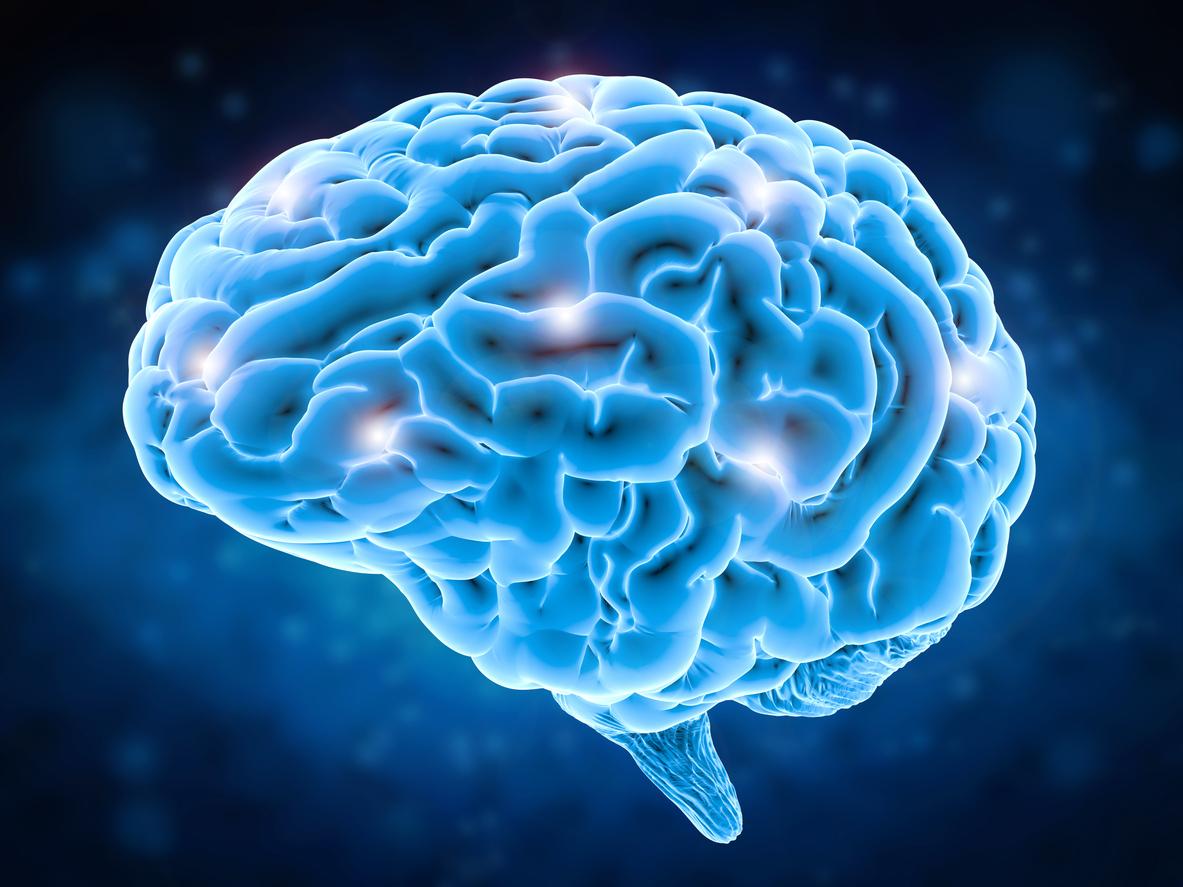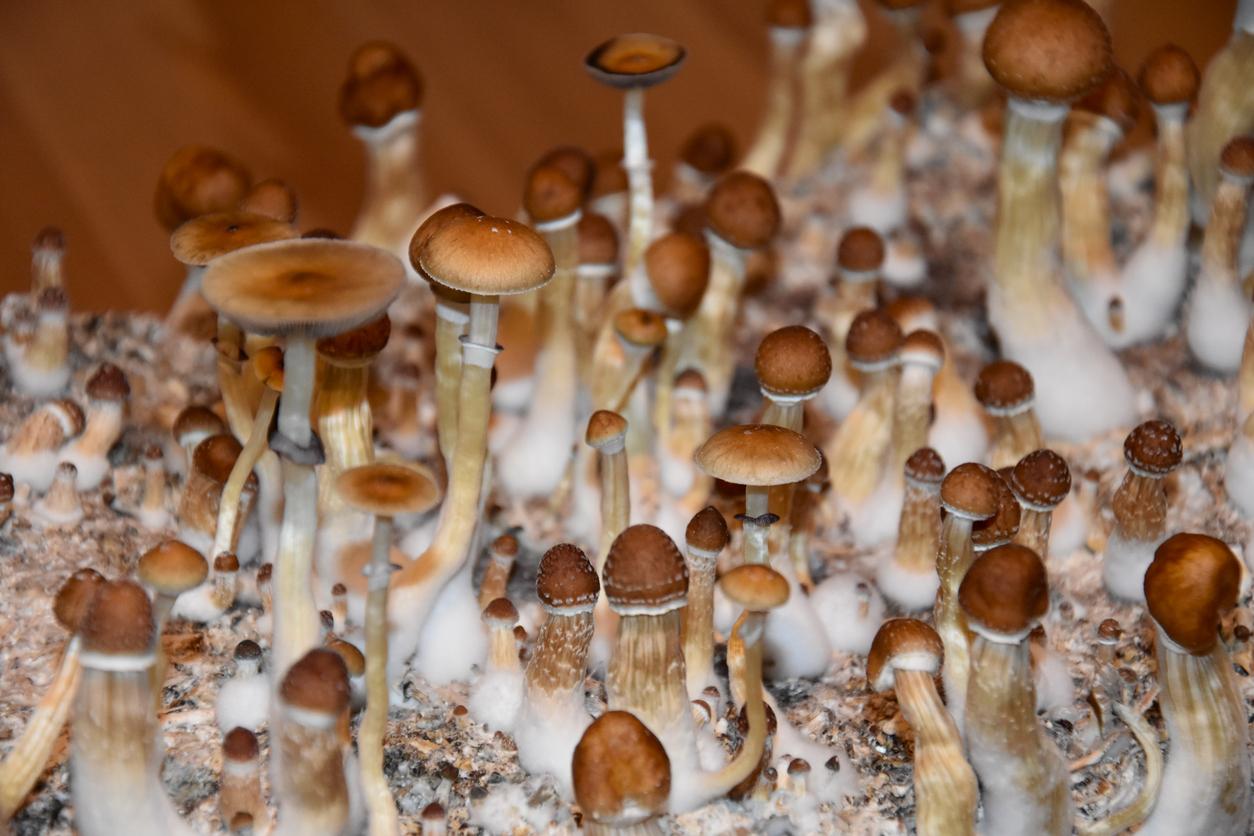Postpartum depression is not uncommon. According to some specialists, at least 10% of women are affected between the end of the first month of a child’s life and the end of its first year – with a peak in frequency between six weeks and two months after childbirth.
Irritability, dark thoughts, sadness, insomnia, anxiety … The symptoms are similar to those of the baby blues, but in an increased way. When they appear, medical help is essential.
According to a new study conducted by the University of Kent (in England), postpartum depression would have a negative impact on the relationship between mother and child. To come to this (sad) conclusion, the researchers worked with 305 women from the United States and Great Britain: on average, these were 60 years old and had given birth to 2.2 children in their lifetime. life, whose average age was 29 years at the time of the study.
Grandmother, mother and child
And the conclusions of this work (published in the trade journal PeerJ) are not really happy: on average, women who have suffered postpartum depression had less good relations with their children. Also, the earlier the postpartum depression started (with intense symptoms), the worse these relationships were.
Worse: British researchers have also found that postpartum depression can impact the next generation. Concretely, grandmothers who experienced postpartum depression during the first months of their child’s life also had bad relationships … with their grandchildren.
“Our study emphasizes the need to prevent postpartum depression in expectant mothers: this disease can indeed have a lasting impact on relationships maintained within the same family” conclude the researchers.
Read also :
Singing would cure postpartum depression
Postpartum depression: men are also affected
Postpartum depression: after the suicide of his wife, a dad testifies on Facebook










